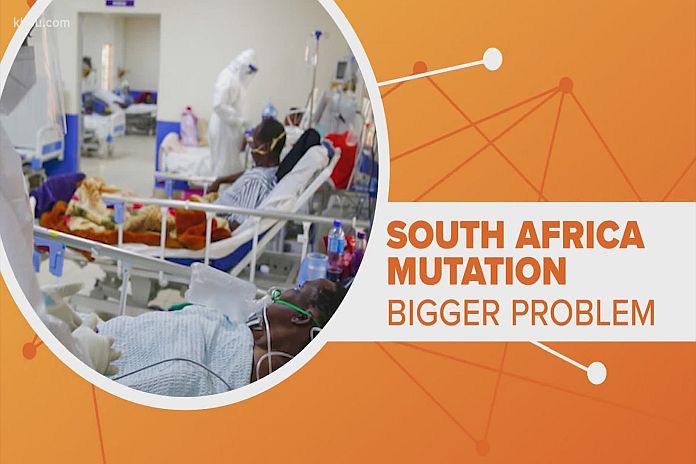ATLANTA, USA, (CDC) – The Centers for Disease Control and Prevention (CDC) is aware that the first US documented cases of the B 1.351 variant of SARS-CoV-2, which was first detected in South Africa, have been identified in South Carolina.
CDC is early in its efforts to understand this variant and will continue to provide updates as we learn more. At this time, we have no evidence that infections by this variant cause more severe disease. Like the UK and Brazilian variants, preliminary data suggests this variant may spread more easily and quickly than other variants.
CDC will continue communicating with international, state, and local partners to monitor the presence and impact of variants in the United States and around the world. Monitoring variants is why CDC has expanded National SARS-CoV-2 Strain Surveillance (NS3). We continue working with national reference laboratories, state health departments and researchers from around the country to gather sequence data and increase use of genomic sequencing data in response to this pandemic.
CDC announces new COVID-19 testing requirements for all air passengers arriving in the United States
CDC recommends that people avoid travel at this time. However, for those who must travel, additional measures have been put in place to increase safety; especially as COVID-19 variants spread around the world. As of January 26, all air passengers flying into the United States must provide a negative test result or documentation of recovery to the airline before they board a flight to the US. This is one aspect of the comprehensive, science-driven response to reduce the spread of COVID-19 through travel and in the United States.
CDC’s recommendations for slowing the spread—wearing masks, staying at least 6 feet apart from others, avoiding crowds, ventilating indoor spaces, and washing hands often will also prevent the spread of this variant.





